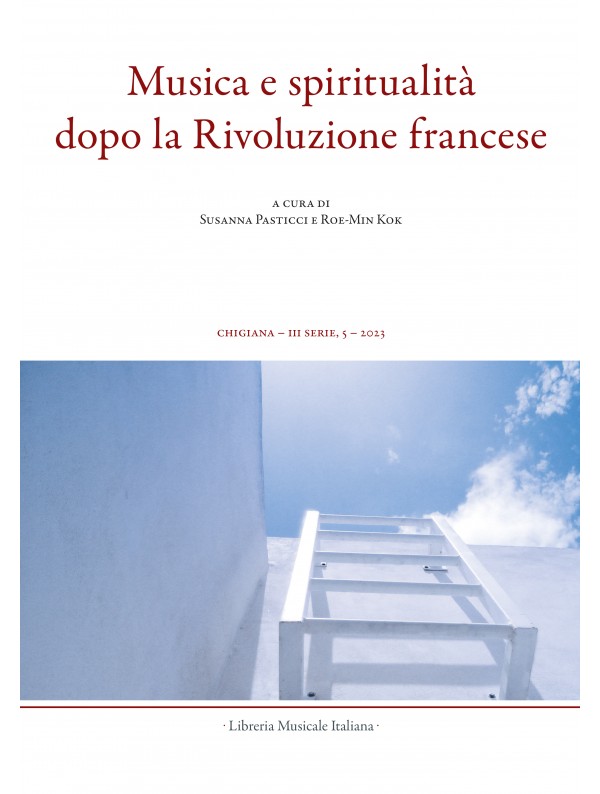Ecumenismi musicali nella Parigi degli emigrati russi tra anni Venti e Trenta
Arthur Lourié e le architetture comunionali del Concerto spirituale
Abstract
The spiritual dimension is one of the most significant aspects of the complex Russian-Parisian socio-cultural milieu of the 1920s and 1930s, resulting from the migratory flows that followed the 1917 revolution. For Russian émigrés in Paris, this dimension is rooted in the cultural horizon of the Silver Age, a period at the turn of the century that witnessed a revival of Orthodox spirituality. In this context, a theological interpretation of emigration found its place in the exile community. Compared to the biblical exile, the experience of expatriation takes on the meaning of a mission aimed at sowing the seeds of a total spiritual renewal throughout the world, to be carried out in a specific field: culture and the creativity of the various arts, including music. In addition to these assumptions, the reality of the Russian-Parisian exile gave rise to another declination of the spiritual sense of creative activity: the encounter with the host culture of the Parisian metropolis resulted in a fruitful period of cultural exchange and interweaving, which also responded to the demands of early twentieth-century ecumenism and the search for reconciliation between the Catholic West and the Orthodox East. The musical production of Russian-Parisian composers, in particular Arthur Lourié, author of the Concerto spirituale, offers a unique point of view for analysing the importance of the spiritual dimension in the cultural context of this specific historiographical chronotope.





